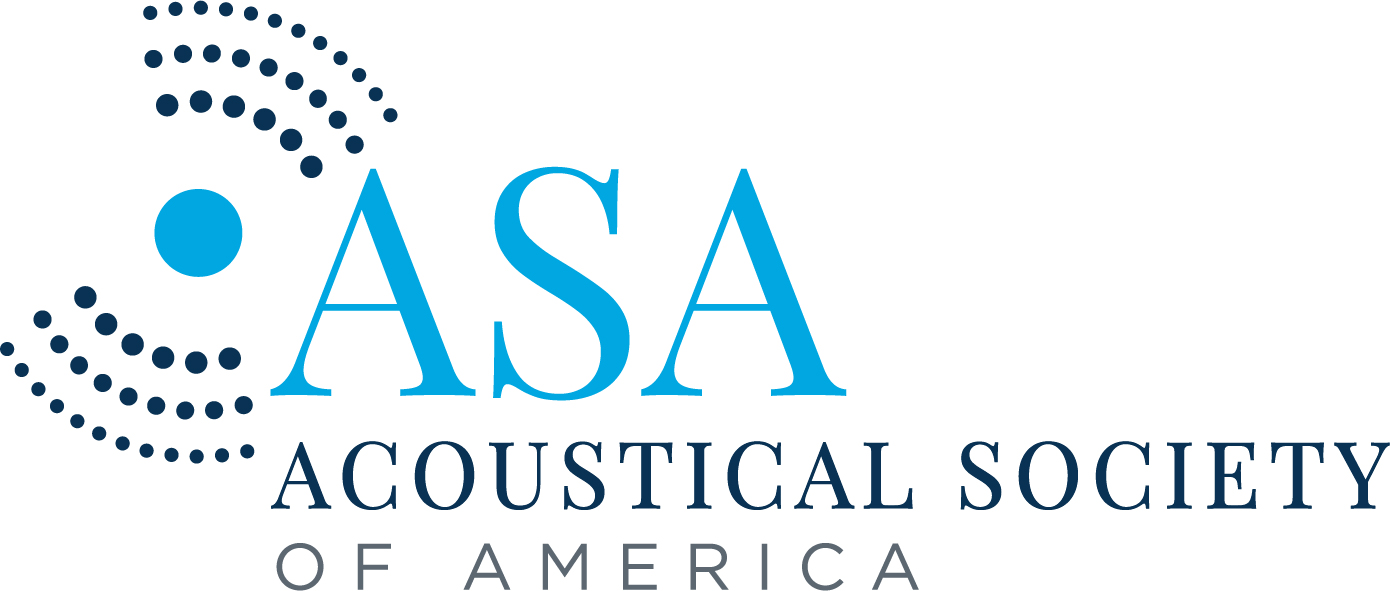New Across Acoustics Episode: Wait, What’s That? Weird Data in Underwater Acoustics
Oftentimes, when a scientist studying underwater acoustics begins an experiment, they have a specific goal in mind… but then there’s a bloop or a crackle they don’t expect, or the instruments are saying the ocean floor is at 500 meters instead of 5,000 meters like all the charts say, or a rogue pod of dolphins has caused measurements to go awry. In this episode, we talk to Erin Fischell (Acbotics Research) about all the weird data researchers can run into when they’re trying to study underwater sound.
Like the episode? Read the article in Acoustics Today!
